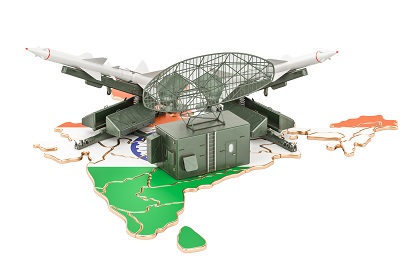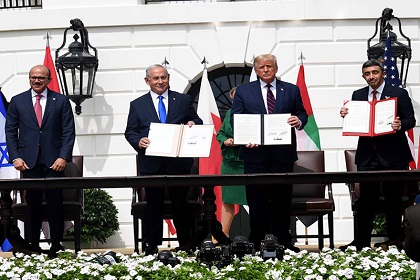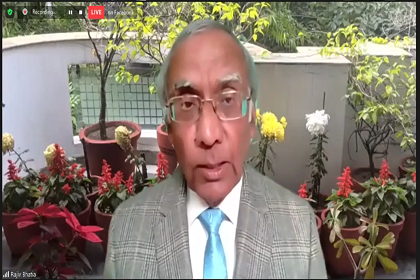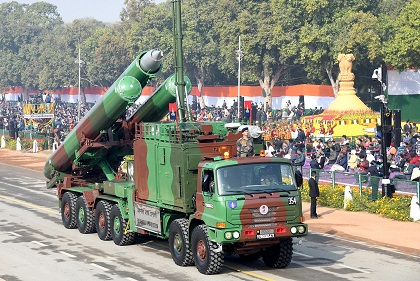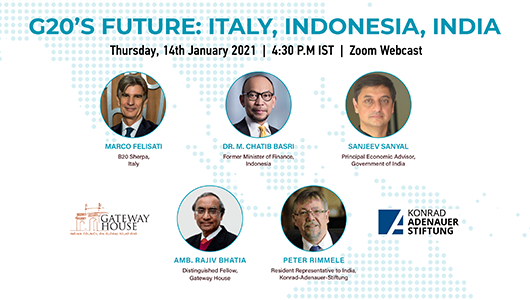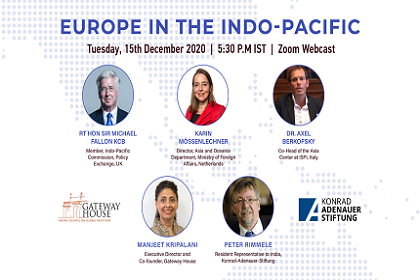India-U.S.-Israel EmTech partnership
As new technological advances take place every day, India must keep up. While the U.S. is still a front-runner in defence technologies, China and Russia are catching up quickly. In order to counter this, India can insert itself into the pre-existing bilateral co-operation between the U.S. and Israel. Sameer Patil, Fellow, International Security Studies Programme tells us how.

